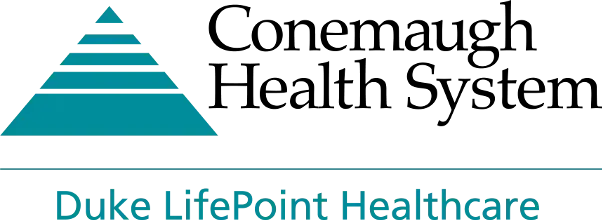Sleep Disorder Testing and Treatment
An accurate diagnosis is the first step to treating a sleep disorder. Testing is performed in a comfortable, home-like environment that includes a queen-size bed, television, bathroom, and shower. Prior to bedtime, patients are connected to sophisticated monitors that continually record sleep patterns, heart activity, and breathing without interrupting sleep.
Preparing for Testing
Overnight testing for a sleep disorder is easy and painless.
Recommendations for accurate and comfortable testing:
- Pack a small bag with items needed for an overnight stay including pajamas, personal toiletries, and books or other reading material.
- Pack prescription medication. The Sleep Disorder Center does not have prescription or non-prescription medication on-site.
- Do not change sleep habits in the week prior to testing to ensure the test period can be an accurate representation of normal sleep routine.
- Avoid caffeinated food or beverages after 12:00 noon on the day of the study, including chocolate, coffee, and caffeinated sodas.
- Do not drink any alcohol on the day of the study.
- Shower and wash hair before arriving at the Sleep Disorder Center. This makes it easier to apply and remove electrodes that will monitor sleep and breathing habits. To ensure the electrodes stay in place, please do not use conditioners on hair, scalp, or skin.
- Colds or respiratory illnesses can affect the outcome of the sleep study. Please reschedule the testing if suffering from an ailment that impacts breathing.
Initial Evaluation
During the initial evaluation at Conemaugh Health System's Sleep Disorder Center, one or more of the following tests may be administered:
- Diagnostic polysomnogram to test for sleep apnea
- Home sleep study to test for sleep apnea at home
- CPAP / BIPAP studies to evaluate treatment of sleep apnea
- During a split-night study, the first half of the night is the testing phase. If the study shows sleep apnea, the second half of the night begins treatment for sleep apnea.
- Multiple Sleep Latency Test (MSLT), a daytime test to rule out narcolepsy or to evaluate sleepiness
- Maintenance of Wakefulness Test (MWT), a daytime test to evaluate alertness
- Overnight pulse oximetry
In-Depth Sleep Evaluation
Once a sleep disorder has been confirmed, an in-depth sleep evaluation may be the next step. During sleep, Conemaugh's specialists monitor sleep patterns, heart activity, and breathing. Results from the study help develop individualized treatment plans that may include:
- Continuous Positive Airway Pressure (CPAP) that delivers air into the airway through a specially designed nasal mask or pillow that creates enough pressure when the patient inhales to keep the airway open
- Bi-Level Airway Pressure (BIPAP) that "senses" how much air a person needs, based on inspiration and expiration, and varies its level of pressure accordingly; an alternative to CPAP for patients who have trouble tolerating CPAP or have other medical conditions
- Weight loss recommendations
- Lifestyle recommendations to improve sleep habits
- Medications
- Oral Appliance Therapy - an alternative for patients who cannot tolerate positive pressure (CPAP / BIPAP)
